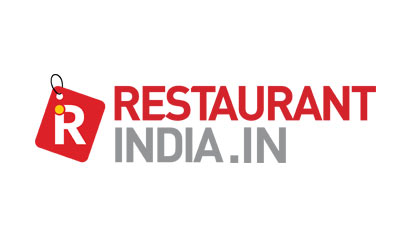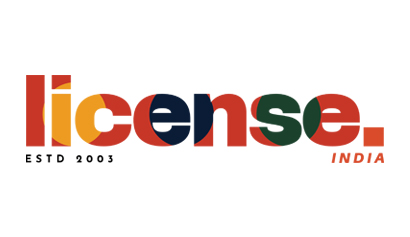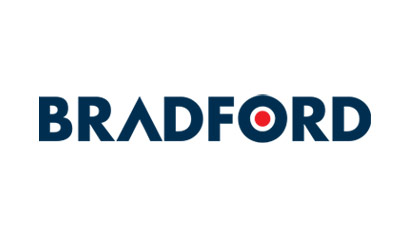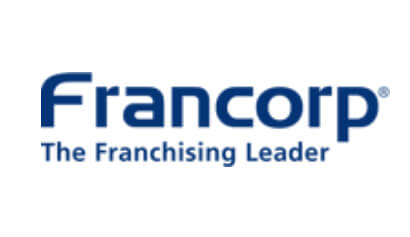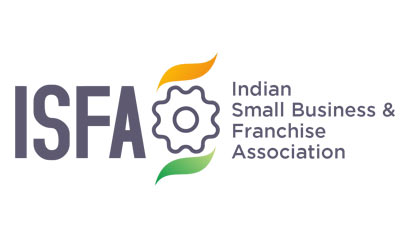To get access to over 10000+ Franchise Business Opportunities.
Network with the growing Business Community to get expert interventions to let you learn to Grow & Expand your Business with Franchising.
ARE you among those who think that franchising is all about low-cost retail expansion, minimum guarantee clause, sporadic franchise recruitment and too much of face value contracts?
ARE you among those who think that franchising is all about low-cost retail expansion, minimum guarantee clause, sporadic franchise recruitment and too much of face value contracts? Think again, as TFW franchise survey brings out some eye-opening truths.
Myth: Inadequate capital is the biggest challenge for pan-India retail expansion
Truth: The main challenge is high rentals
Inadequate capital is the least perceived challenge by retailers for pan-India expansion. A strong sign of Indian retailers being ambitious enough to expand operations nationally is having capital adequacy. Topping the contemporary challenges faced by retailers are high rentals (34%) and finding appropriate location (26%). Incidentally, out of these two, retailers believe that though it is difficult to find an appropriate location due to real estate constraints, more difficult is to create a viable business model with high rental cost element. Local knowledge and inadequate human resources can be taken care of, feel most of the retailers. Both of these obstacles seek a cost, which could be offset with lost scope of sales and hence is a strategic issue for the company.
Myth: Franchise is a low-cost retail expansion
Truth: Retailers franchise for brand-building
The survey revealed that capital is the least important reason for a franchisor (7%) to seek a franchise network. This is in alignment with international franchise research capital market imperfections theory, which argues that firms begin to franchise to overcome capital constraints that restrict the growth of company-owned chains. There are several contradictions to this explanation. First, this would imply that as the franchise begins to mature, they should reduce their reliance on franchising as a source of capital. As a result, there should be a trend towards more company-owned stores. But no such trend is apparent (Lafontaine, 1992). Second, it is not unusual for franchisors to offer financing to their franchisees. As per a thumb rule, franchise consultants would know that franchisors would franchise to acquire talent (14%) to ensure uniform quality retail replication. Another surprise observation is that retailers don't expect incremental revenue growth from a franchise network. The survey reveals that it's one of the least popular expectations (9%).
Myth: Franchise model ensures minimum guarantee (MG) clause
Truth: An increasing number of franchisors are relying on performance-based models and shunning MG clause
In a hard-hitting inference, franchise opportunities typically known for offering MGs are progressively moving away from the model (only 13 per cent of the survey sample prefers the model). A clear trend indicates inclination towards performance models (61%). This signals a clear scenario where franchising would be proportional risk sharing amongst all stakeholders.
Myth: Franchise laws in India are quite satisfactory
Truth: Franchisors are dissatisfied by the current state of franchise laws
While India has no specific legislation regulating franchise arrangements, there are a number of laws that affect the franchisor-franchisee relationship. Intellectual property, taxation, labour, competition, property and exchange control regulations are a few examples. Countries with specific franchising legislations or guidelines make it mandatory for parties to disclose certain factual information pertaining to their businesses. In India, in the absence of any such government guideline, a prospective franchisee is rendered helpless as the franchisor is under no statutory obligations to make disclosures. Lack of legal trasparency increases the ambiguity regarding the finacial history of the franchisee like credit and bankcrupy. Maintaining as well as sustaining the franchise system would be less taxing with legally identified statuary obligations for both the parties. As of now, high level of dissatisfaction prevails amongest franchisors, as 81 per cent of them doubt the robustness of the laws.
Myth: It's easy to market and sell a franchise system
Truth: Generating investor leads and optimising the investment involved in effective franchise marketing makes franchising a challenging activity
The assumption that franchise expansion is relatively easy to sell has lead to a lot of unhealthy franchising. Marketing a franchise opportunity would mean selling the original business concept/product as well as selling the franchise system to a prospective investor. Generating a genuine investor lead and soft selling him the business preposition seek a considerable marketing expense and an increasing number of franchisors are waking upto this fact. A certain percentage of franchisors believe investment in marketing is a challenge. This incidently was what our previous research on franchise investors' expectation had revealed, that it's a high-priority expectation of a franchise investor. Hence, there exists a visible need gap, which could have serious implications on long-term expectations of franchisees.
Conclusion
The survey concluded that when on the surface it seems that retail business is getting more and more cannibalising, the traditional franchising in India is all set to broaden its horizon. Innovation in terms of formats as well as concepts is being touted as the next big leap.
BOX
Challenges in Franchising
Reading between the lines
Typically, it takes 10 years for an Indian retailer to start franchising. Most of the franchisors presently have been franchising since five years.
There is a probability that an average franchise opportunity can promise the investor 20-40 per cent returns on investment.
An increasing number of franchisors (53%) prefer high footfall areas such as residential markets to high streets (29%) and malls (18%) as it doesn't have the disadvantage of high set up cost.
Both franchise-owned company-operated (FoCo) and company-owned franchise operated(CoFo) are equally popular amongst franchisors as business models. While 38 percent prefer FoCo, 35 per cent opt for CoFo. At the same time, 15 per cent of the survey sample prefers FoFo. 12 per cent has CoCo as their business model.
Model time taken to appoint first franchisee, post the franchise launch is 5-10 months.
Exclusive store format is the most prefered store format by a majority of franchisors.
Around 90 per cent of the franchisors had to settle with minor customisations with their initial proposal.


Business Opportunities
Browse By Investment Range
Browse By States
Popular Cities
We value your privacy.
You can unsubscribe anytime






